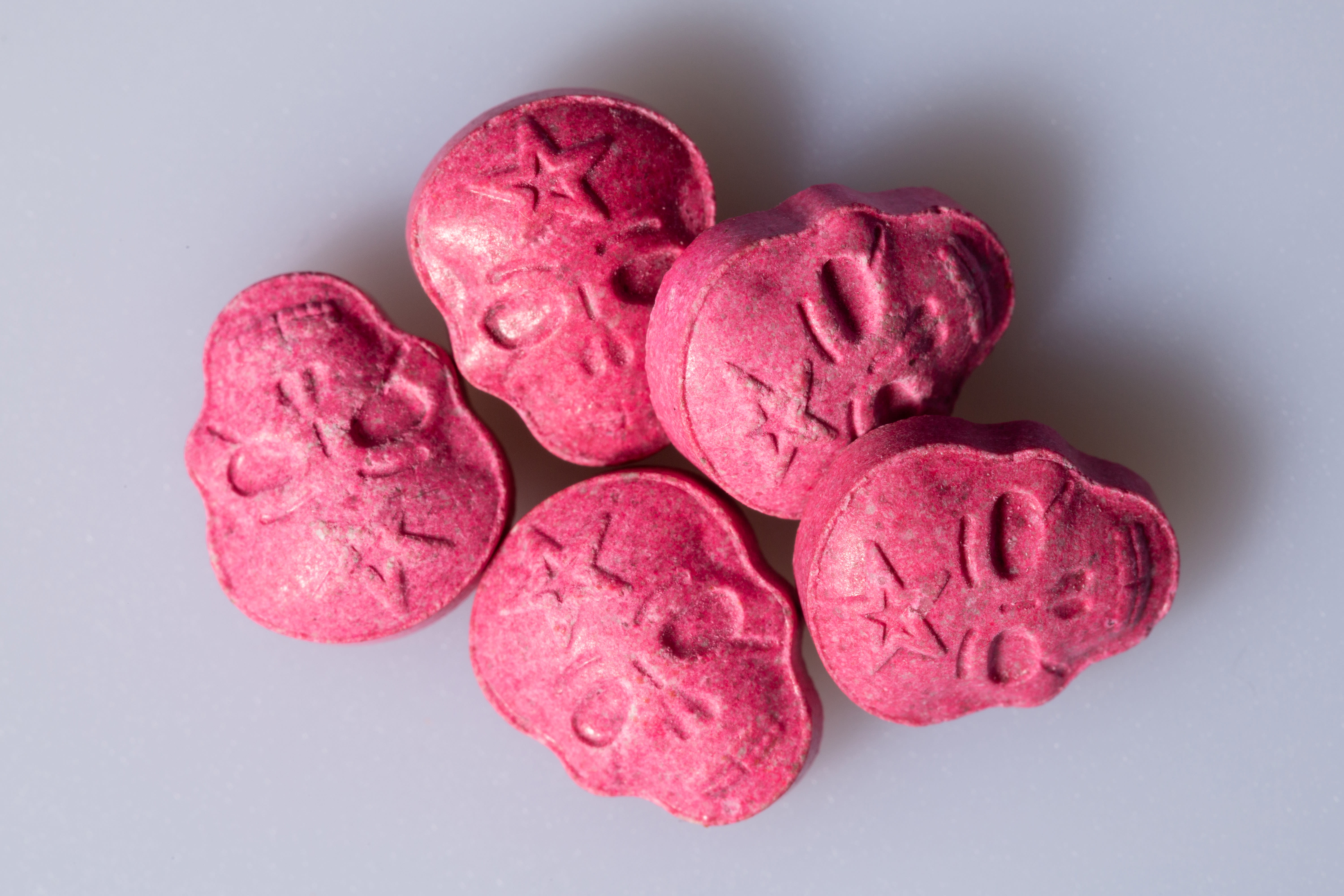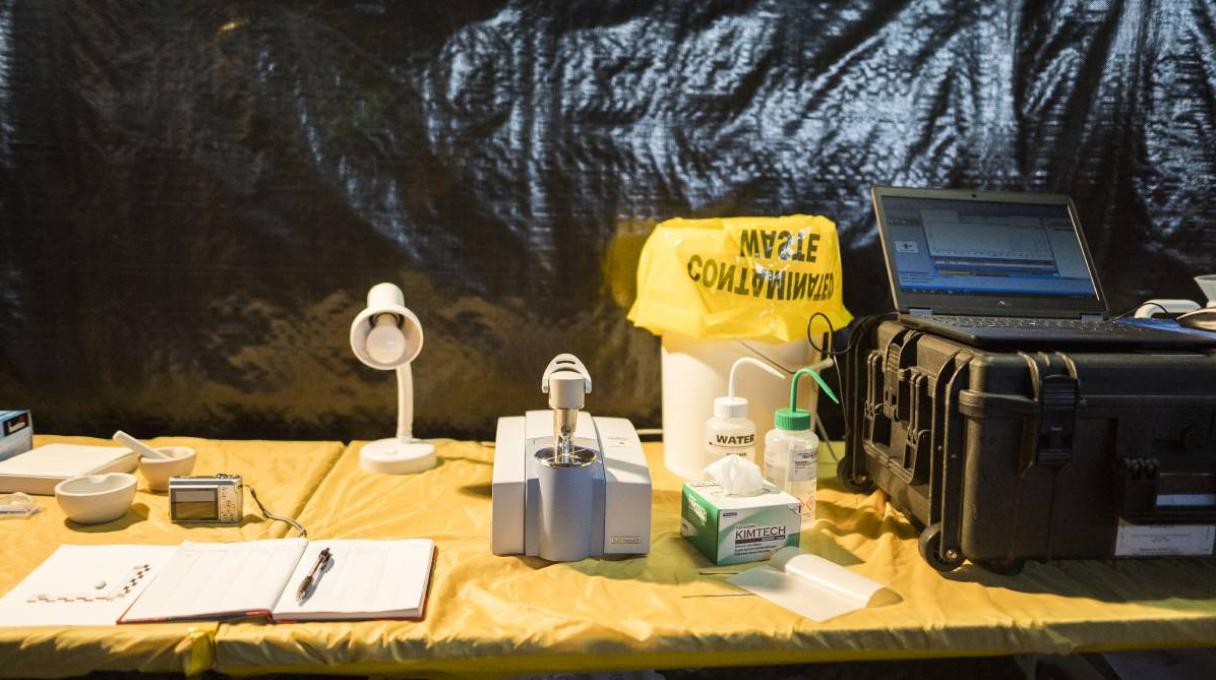
Read the Charter of Independence here.
BY ASHLEY OBEL
Pill testing could be introduced at Victorian music festivals under a joint proposal by The Greens and the Reason Party.
If passed by the Victorian Parliament, the Drugs, Poisons and Controlled Substances Amendment (Pill Testing Pilot for Drug Harm Reduction) Bill 2019 would see the establishment of a mobile service, as well as a fixed premises service – a laboratory – likely located in Melbourne.
The mobile service would allow festivalgoers to have illicit drugs tested on-site by health professionals.
The fixed premises service would monitor the chemical make-up of drugs circulating around the community on a more consistent basis, alerting the community if potentially fatal compounds are detected.

The bill calls for a review of the pill testing services after the first year of trials is completed, with an optional four-year contract extension available should the services prove successful.
Ryan Smith* is a regular at Victoria’s most music festivals notorious for party drug consumption.
“For me and my friends, taking drugs like cocaine and MDMA is pretty much an inseparable part of the festival experience,” Mr Smith said.
“It’s just the reality that kids are going to take drugs at festivals whether people like it or not, so having an on-site pill testing facility would give a lot of festivalgoers peace-of-mind that the drugs they’re consuming are also the drugs they want to consume and not something unexpected.”
Calls for pill testing services have gathered momentum in the past few years, with the ACT conducting Australia’s first pill testing trials in 2018 and 2019 at the Groovin the Moo festival.
In the two trials, a large volume of the tested pills were found to have been cut with dangerous substances like acrylic paint.
In one case, a compound was identified that had been responsible for hospitalisations in New Zealand and multiple deaths in the US.

In 2018, during the 24-hour period of the Groovin the Moo festival, 129 people visited the facility, with 61 per cent expressing surprise at the chemical compounds found in their illicit drugs.
Harm Reduction Australia president and co-founder Gino Vumbaca said the trial was a success.
“Clearly it was a marked success because it reduced harm,” Mr Vumbaca said.
“The principle we work on is that the more information you give people and the better informed they are then the better decisions they make.”
Despite the success of the trial, significant opposition to government-sanctioned drug testing remains within key Victorian stakeholders.
At a 2019 press conference, Premier Daniel Andrews reiterated the government’s opposition to pill testing at festivals.
“Even so-called ‘pure’ versions of these drugs can kill you. We won’t be sending a green light to people to use them,” Mr Andrews said.
Victorian Deputy Police Commissioner Rick Nugent held a similar view, saying Victoria Police was not in favour of pill testing.
“There is no such thing as a safe illicit drug,” Dept. Comm. Nugent said.
“Illicit drugs affect people differently depending on the purity of the drug, tolerance level, or certain medical conditions people may or may not know they have.”
Ray Folip is a Melbourne father to three girls, each aged in their 20s, and is not convinced pill testing will keep young people safe from illicit drugs’ harm.
“The problem isn’t the pill testing itself, for me the biggest problem is the message that public pill testing sends to young kids at festivals,” Mr Folip said.
“The subconscious mindset changes from thinking drugs are dangerous and illegal to thinking that taking illicit substances can be done in a safe way…and that’s just dangerous.”
However, Harm Reduction Australia’s Mr Vumbaca said drug taking at festivals was an unfortunate inevitability.
“The reality is when people go to music festivals some percentage of those people take drugs.
“We don’t create any further harm, but we have the ability to reduce the level of harm, because in most cases people don’t end up taking the substances which could be quite dangerous to them.”
The bill was introduced in the Legislative Council late last year.
*Pseudonym used at interviewee’s request